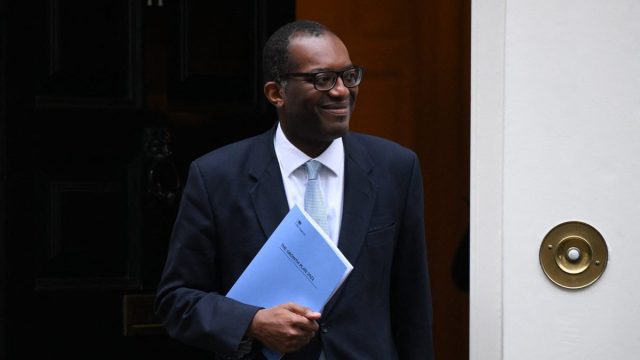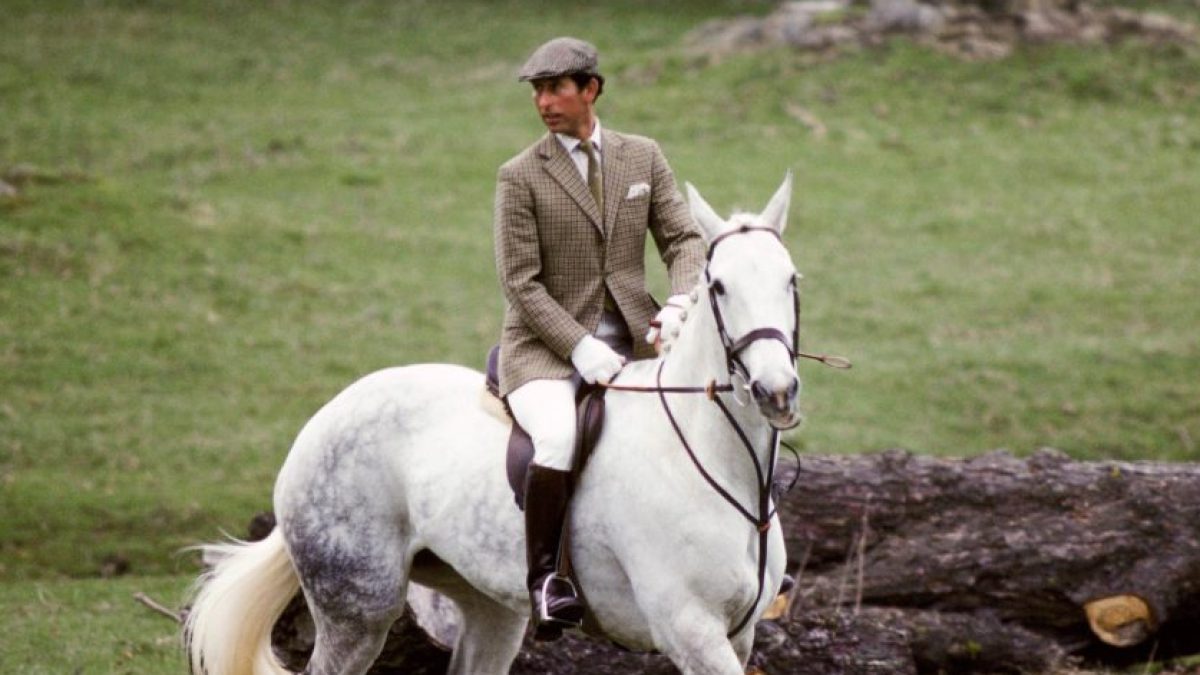Charles has spent much of his life fighting for a cause – environmentalism – that has only grown more and more important
King Charles III has an altogether different agenda from Donald Trump. And a somewhat more modest vernacular.
Not for our King the self-proclaimed task of ending “unendable” wars in faraway lands, of winning the Nobel Peace Prize, of bestriding the world with his own brand of assertive diplomacy, of going down in history as the greatest leader ever.
Yet, in its own way, the King’s aspiration to leave a stamp on the world is just as ambitious and far-reaching.
“Never has it been more important for the world to make a concerted effort to protect and prioritise our planet, and to restore our relationship with it,” says King Charles in a forthcoming Amazon Prime Video documentary. Not for the first time, he talks passionately about his views on nature – or, as the publicity puts it, he explains his “lifelong commitment to the philosophy of harmony and the environment as a whole”.
And so we should be grateful to the streaming giants for once again lifting the curtain on a public figure’s personal philosophy. No sooner have we digested the news, courtesy of Netflix, that Victoria Beckham ditched her fake boobs in Baden-Baden or that Meghan Markle eats a crudité platter every day, than our monarch explains for the cameras his rather more consequential purpose: to encourage humankind to see itself as “part of nature, not apart from nature”.
If it sounds not a million miles away from the Prince Charles of Spitting Image parody – talking to his sunflowers about carbuncles, complaining, at a street party, that “stoats can’t nest in this concrete wilderness” – there is every reason to take the King seriously, even at a time when the world is preoccupied with more pressing concerns.
For one, we cannot doubt his commitment. His 2010 book, Harmony: A New Way of Looking at Our World, was, he said, “a call to revolution” because the planet’s environmental problems “cannot be solved by carrying on with the very approach that has caused them”. This is a big theme that remains relevant 15 years on. It’s quite refreshing to encounter some old-fashioned environmentalism at a time when the new leader of the Green Party proselytises “eco-populism” and calls for the legalisation of drugs and a tax-the-rich agenda.
And for all the King’s lofty words, he has demonstrated a willingness to walk the walk. “The film is not about the King. It is about the work that he has inspired around the world,” said a Palace spokesperson. Projects from Guyana to India, as well as his beloved Highgrove estate, in which the King’s “harmony” philosophy has been put into practise, will feature.
“For much of my life,” explained the King, “I have sought to promote and encourage ways we can work with, rather than against, nature. In other words, to restore balance to our planet which is under such stress.”
No one can gainsay his constancy or his single-mindedness, or indeed the risk he has taken to invite the Amazon cameras in, however narrow the parameters of the production may be. This mission is what he wants to be his legacy, and there is something unashamedly romantic – if a touch Pooterish – about our King’s obsession with the natural world. And never has there been a better moment for him to be seen as a bulwark against the bombast and the militaristic metaphor and the self-important posturing that is dominating global diplomacy.
He may not be able to bring an end to multiple wars across the world, or to face down Vladimir Putin – and he may not trouble the Nobel Prize judges – but King Charles is, in his own, measured way, something of a forceful, seditious presence on the world stage. No one with his profile or stature is taking the time or trouble to talk about issues that will profoundly affect generations to come. It almost makes you proud to be British.
Your next read

